Second phase of emergency response in Mozambique

(13 July 2022) Work is underway in Cabo Delgado Province in the second phase of MENTOR’s response to the humanitarian emergency caused by violence and insecurity in Northern Mozambique. The programme, which began in 2021 and is funded by BHA-USAID, aims to ensure access to life-saving disease prevention and health services to conflict and disaster-affected […]
Published: Mapping Schistosomiasis and Soil Transmitted Helminthiasis in Angola

New research on Neglected Tropical Disease (NTD) control in Angola was recently published, enabling health officials to accurately plan and implement activities that significantly reduce the burden of Schistosomiasis (SCH) and Soil Transmitted Helminthiasis (STH) in the country.
“Disease control in countries with highest burden more important than ever” says MENTOR CEO
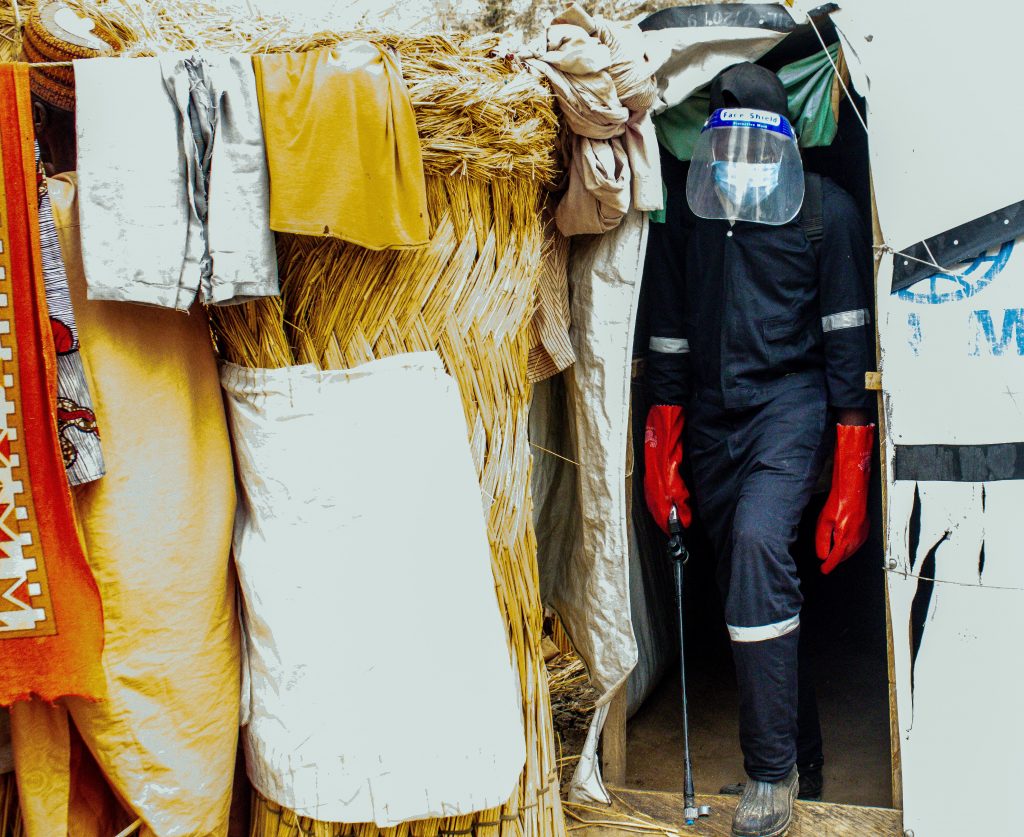
Today (23 June 2022) at the Kigali Summit on Malaria and Neglected Tropical Diseases, we will hear about the progress been made to overcome these diseases that cause death and suffering to a large proportion of the world’s population. But we still need to ramp up the critical work to tackle malaria and NTDs in […]
Protecting millions of people in Syria from leishmaniasis
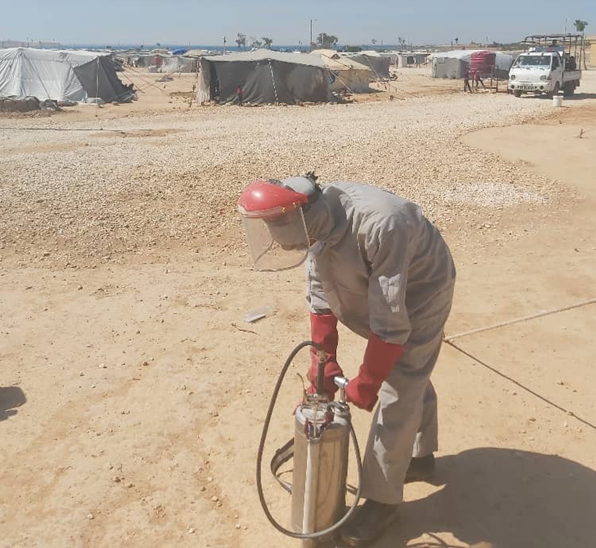
The MENTOR Initiative’s seasonal Indoor Residual Spraying (IRS) campaign to protect people from leishmaniasis in Syria was completed last month (May 2022). Teams sprayed 372,000 households in North-West and North-East Syria, to protect over 2 million people from this Neglected Tropical Disease (NTD) which is transmitted by sandflies.Over 1 million people protected in this campaign […]
Training to improve malaria control in southern Angola

The MENTOR Initiative is supporting the training of 250 health workers (doctors, nurses and lab and pre-natal service technicians) and 120 Community Health Workers in malaria case management and surveillance, monitoring and evaluation in the southern Angolan provinces of Cunene and Cuando Cubango. The training, which is key to support the elimination of malaria in […]
Ukraine Emergency Response update May 2022
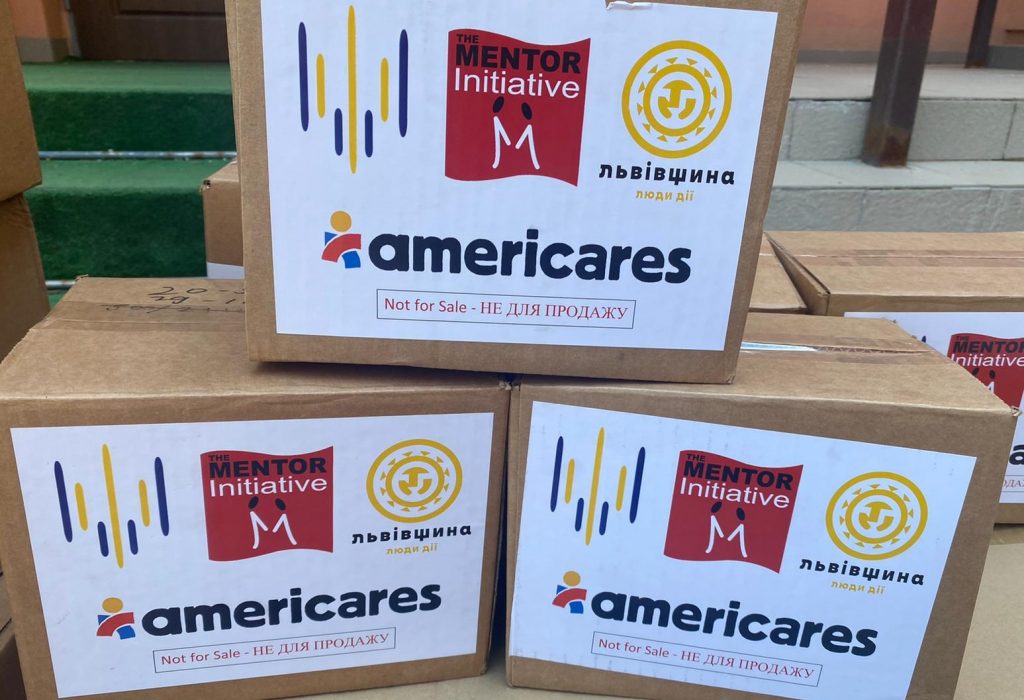
For nearly 20 years The MENTOR Initiative has responded to global humanitarian emergencies by delivering evidence-based disease control to saves lives and reduce suffering. Now, MENTOR is focusing its unique skillset to lead and manage the procurement, supply and distribution of medical supplies and medicines to assist with the conflict in Ukraine. A team of […]
Ukraine Emergency Response: March 2022
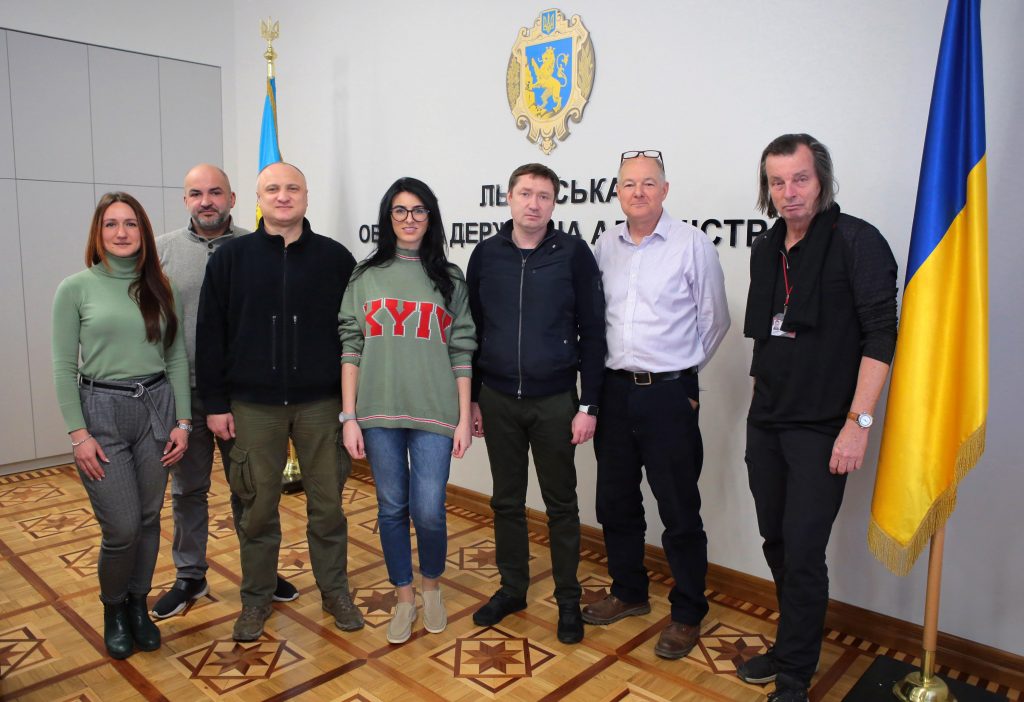
Since the start of the conflict in Ukraine in February 2022, more than 3.55 million people have crossed into neighbouring countries[1], with an additional 2 million people internally displaced within Ukraine. This is, according to the UN High Commissioner for Refugees, Filippo Grandi, the fastest growing refugee crisis in Europe since World War II[2]. In […]
Large-scale Indoor Residual Spraying campaign has begun in Borno, Nigeria
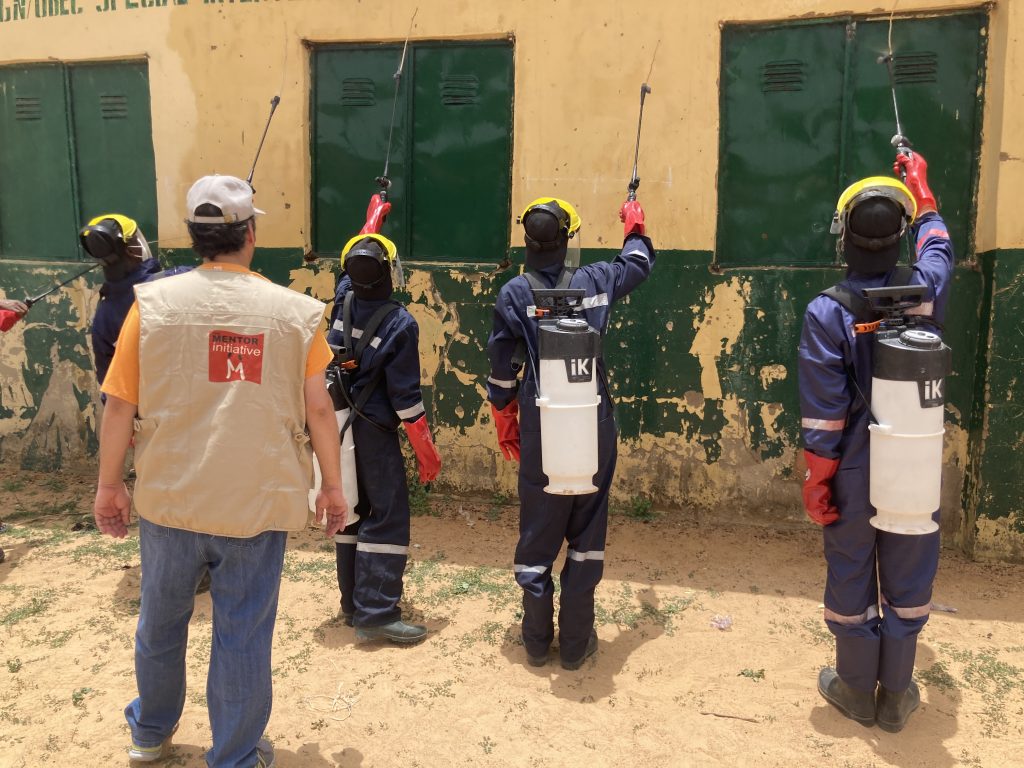
(May 2022) The MENTOR Initiative’s latest Indoor Residual Spraying (IRS) programme is underway in Borno State, Nigeria, where malaria is the number one cause of morbidity and death. This is the second year of this large-scale spraying programme to protect around 400,000 people in camps and communities in the region ahead of the rainy season. […]
The Visionaries – PBS documentary in Maban, South Sudan
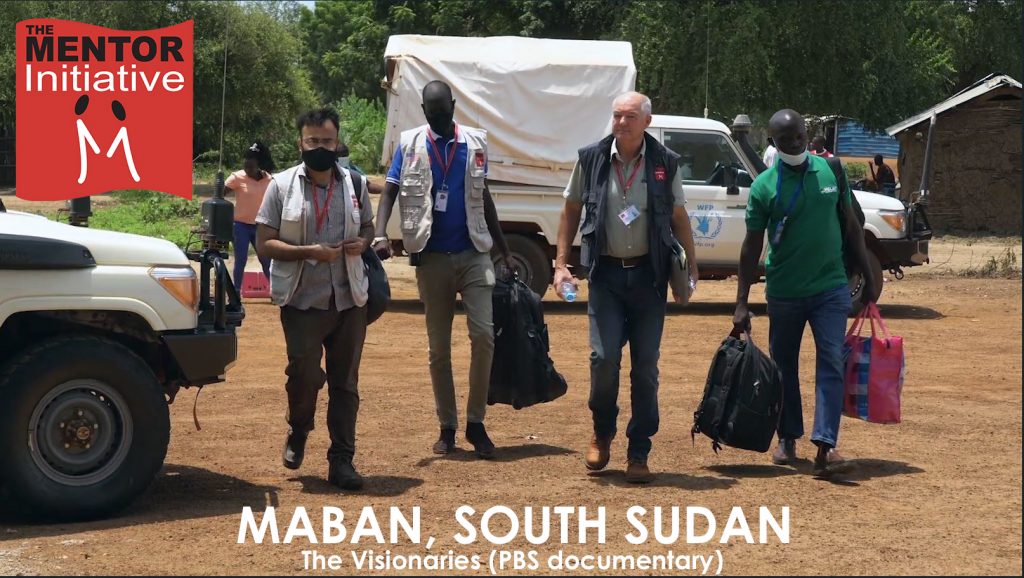
In September, 2021, the team behind the PBS documentary “The Visionaries” visited Maban, South Sudan with the support of The MENTOR Initiative to cover the story of MENTOR’s decade of work in the country, providing host communities and IDPs/refugees with support against the problems of malaria and vector-borne diseases. The Visionaries team spent 3 days […]
Reporting the Impact of Indoor Spraying & Education Campaign in Nigeria
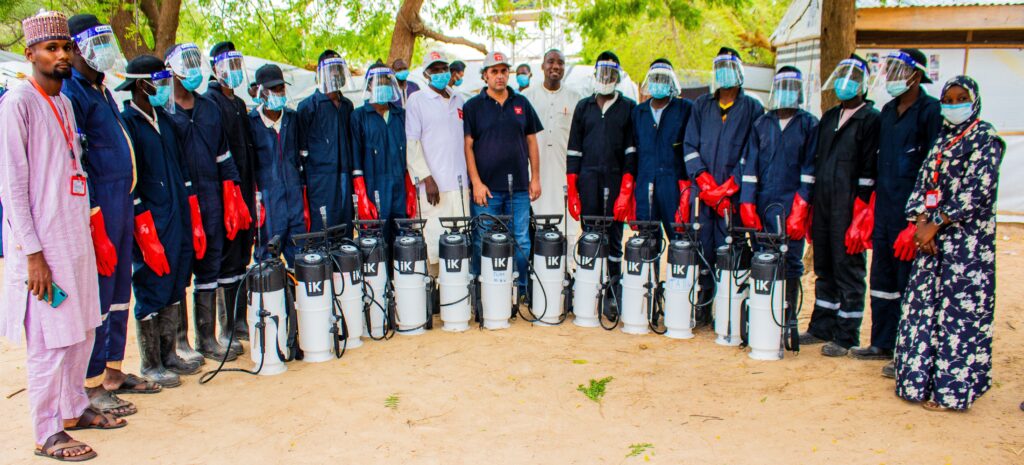
In Borno State, Nigeria, malaria is the number one cause of morbidity and mortality, with peak disease burden during and immediately following the rainy season. Reported cases of malaria in Borno State increased by almost 10% from 279,389 in 2019 to 307,175 in 2020. While endemic, it is also clear from that malaria morbidity is most significantly experienced during the rainy season from July-September in Borno State. Fresh surface water from rainfall creates breeding grounds for the anopheles malaria vector, causing these spikes in recorded malaria rates. Transmission continues to increase annually, highlighting the urgent need for intervention.
